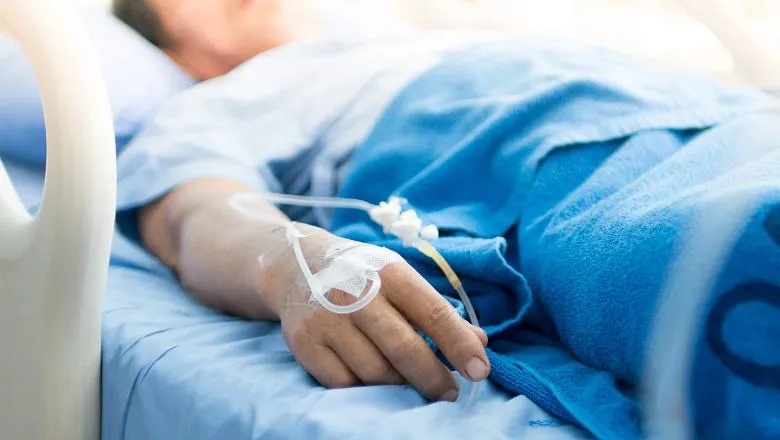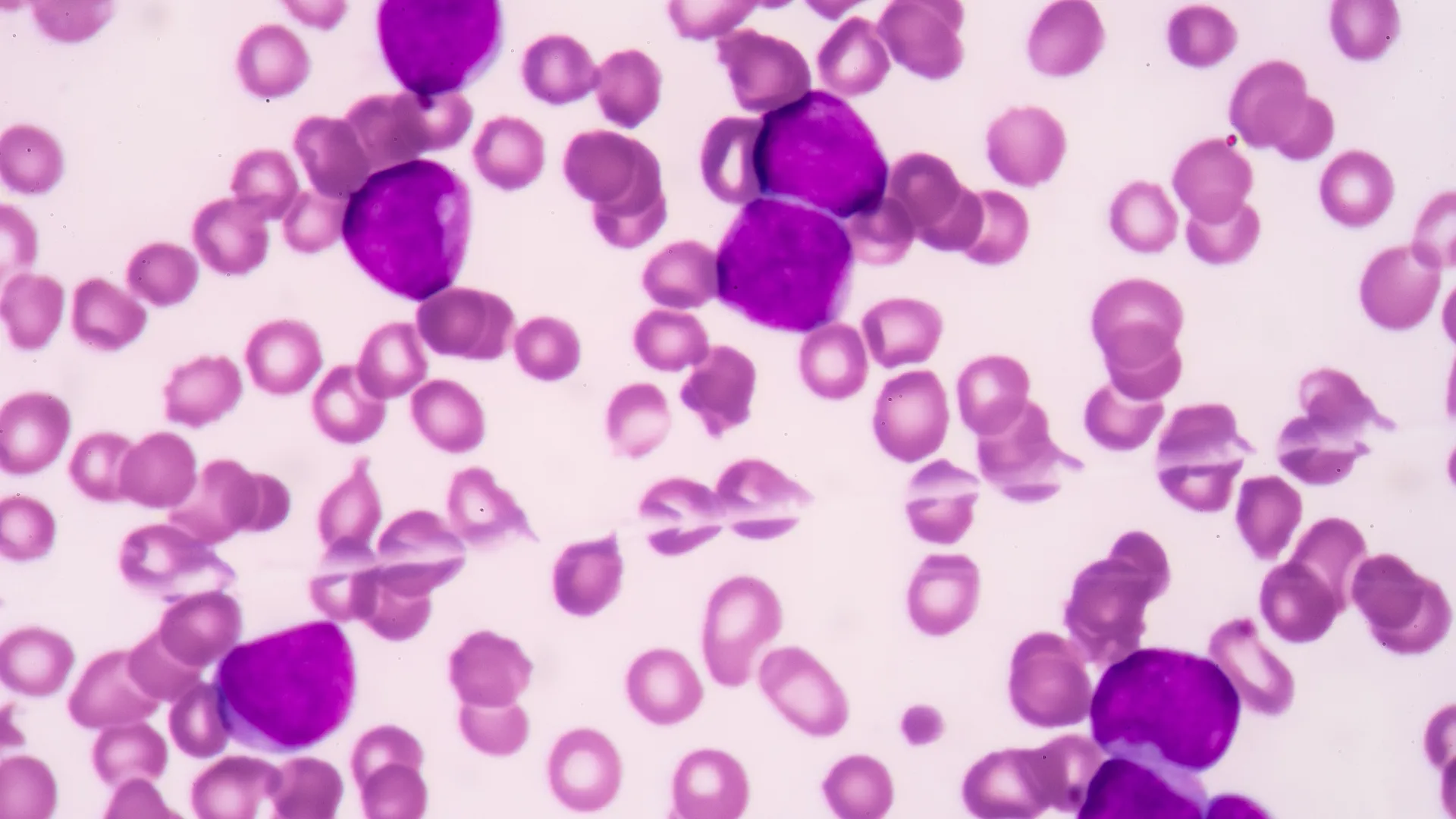
Dr Richard Dillon
Clinical Senior Lecturer in Cancer Genetics
- Consultant Haematologist
Biography
Dr Richard Dillon is a Clinical Senior Lecturer in Cancer Genetics in the Department of Medical & Molecular Genetics, School of Basic & Medical Biosciences, at King's College London and Consultant Haematologist at Guy’s Hospital.
Dr Dillon leads a research group focussed on Acute Myeloid Leukaemia (AML). The group uses advanced molecular techniques to refine outcome prediction and personalise treatment for patients with AML. Their work is funded by Blood Cancer UK, Cancer Research UK, Children with Cancer UK and the National Institute for Health Research.
News
Study investigating treatment for acute myeloid leukaemia launches at King's
Five clinical trials, including a trial for blood cancer patients with acute myeloid leukaemia led by Dr Richard Dillon from King’s, has been announced.

King's researchers awarded £1.75m to test new leukaemia treatment
Researchers led by Dr. Richard Dillon within the Cancer Genetics Group have been awarded £1 million from CRUK and £750k additional contribution from AbbVie to...

Spotlight
Improving quality of life for patients undergoing Acute Myeloid Leukaemia treatment
Over the last decade researchers at King’s have been working on ground-breaking ways to tailor Acute Myeloid Leukaemia treatment to individual patients

News
Study investigating treatment for acute myeloid leukaemia launches at King's
Five clinical trials, including a trial for blood cancer patients with acute myeloid leukaemia led by Dr Richard Dillon from King’s, has been announced.

King's researchers awarded £1.75m to test new leukaemia treatment
Researchers led by Dr. Richard Dillon within the Cancer Genetics Group have been awarded £1 million from CRUK and £750k additional contribution from AbbVie to...

Spotlight
Improving quality of life for patients undergoing Acute Myeloid Leukaemia treatment
Over the last decade researchers at King’s have been working on ground-breaking ways to tailor Acute Myeloid Leukaemia treatment to individual patients

